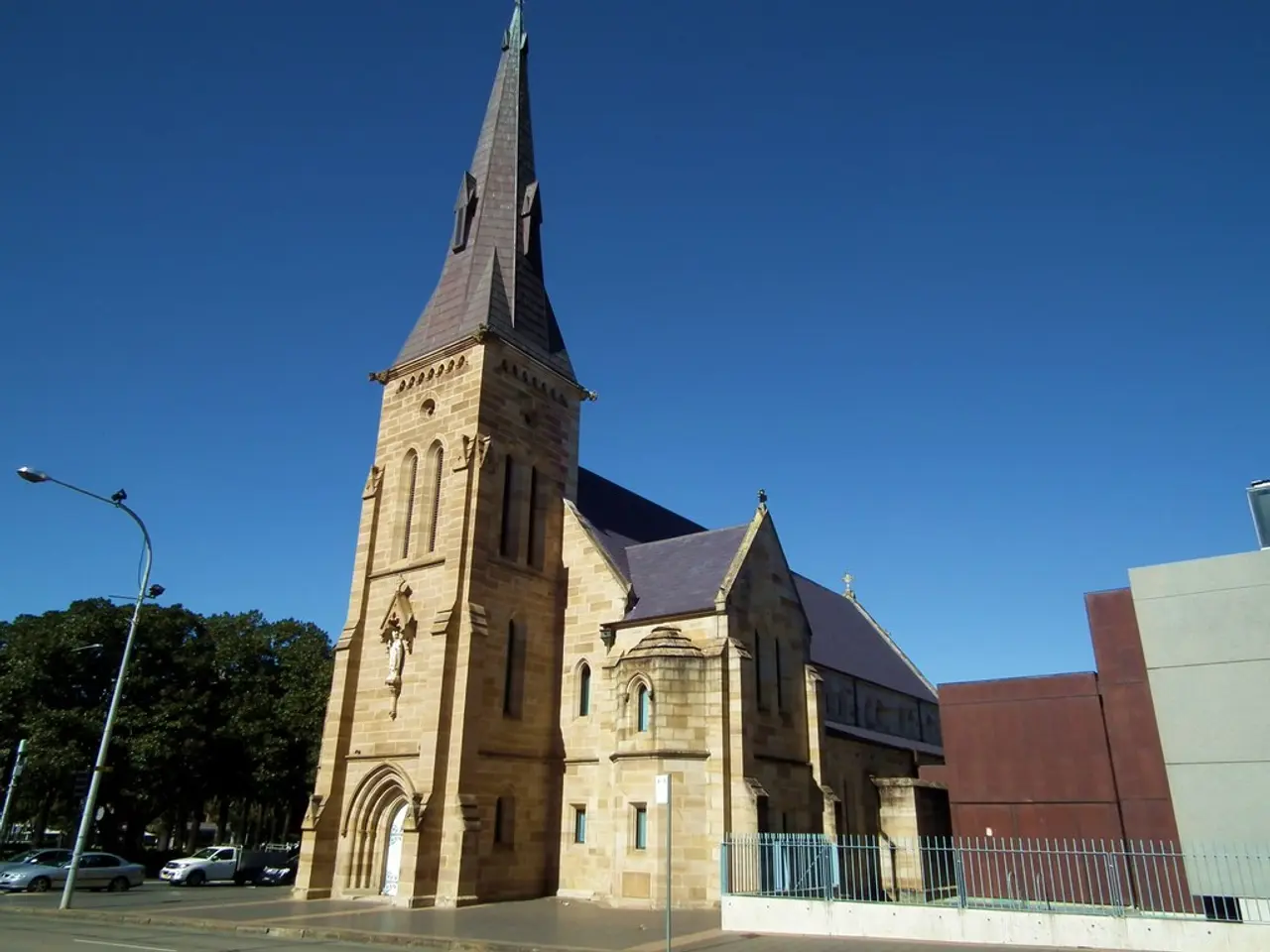Warnings of Imminent Financial Collapse for Bolivia
Bolivia's President Warns of Looming national Insolvency - Bolivia's Head of State issues grave warning about impending financial collapse of the nation.
Hey there! Let's talk about the current economic chaos wreaking havoc in Bolivia, resulting in its President, Luis Arce, issuing ominous warnings of potential state bankruptcy. This situation is a tangled web of interconnected issues that have led this South American nation to the brink.
You see, Bolivia's foreign debt stands at a staggering $13.3 billion (€11.6 billion), which, according to the World Bank, equates to a whopping 37% of its gross national income. The main players in this game of debt include the Inter-American Development Bank, the Development Bank of Latin America (CAF), the World Bank, and China.
Arce, who took office in 2020, isn't mincing words when he says they're making the absolute worst deals imaginable as a country. The traditional method of new loans balancing out old debts has vanished, and this critical capital influx is sorely missed.
To date, Arce has failed to persuade the Bolivian parliament to authorize new loans worth $1.8 billion (€1.6 billion) from international institutions. If things don't change drastically, around $2.6 billion (€2.3 billion) will be needed in December, primarily for fuel imports and overdue debt payments.
The economic downturn in the country is glaring, with severe shortages of foreign currency, fuel, and basic foodstuffs becoming the norm. In May alone, inflation skyrocketed to 18.4% year-on-year, the highest rate in nearly 20 years. And guess what? The Bolivian currency isn't exactly doing great either.
Real quick, let me give you a rundown on the main reasons leading to this hopeless situation:
- Debt Problems and Lack of Foreign Financing: Bolivia is at risk of falling into default on its international debt payments unless they secure new foreign financing. Their total external debt amounts to $13.3 billion, representing over 37% of their gross national income. Arce's attempts to secure $1.8 billion in new loans have been met with resistance, while they'll need approximately $2.6 billion by December for fuel imports and outstanding debt servicing.
- Critical Shortages of Foreign Currency and Fuel Imports: A persistent foreign currency shortage has prevented Bolivia from meeting domestic fuel demand and importing essential goods, resulting in prolonged fuel shortages and inflation.
- Inflation and Public Hardships: Inflation has skyrocketed to 18.4% year-on-year, leading to exorbitant increases in living costs for ordinary Bolivians. Basic necessities such as rice, sugar, eggs, and other food items are becoming increasingly scarce, sparking despair and social unrest among the population.
- Political and Social Upheaval Impacting Business and Confidence: The ruling Movement Toward Socialism (MAS) party is split between supporters of Arce and former President Evo Morales, undermining political stability and undermining investor confidence. President Arce's approval ratings are dismally low, averaging around 9%.
That's all for now! Stay tuned for more updates as this chaotic situation unfolds.
- Despite the President's efforts to secure new loans from international institutions, the lack of approval by the Bolivian parliament has hindered the allocation of $1.8 billion, leaving a potential gap of approximately $2.6 billion needed by December, primarily for fuel imports and overdue debt payments.
- The economic crisis in Bolivia is further aggravated by a critical shortage of foreign currency, which has led to prolonged fuel shortages, inflation, and scarcity of basic foodstuffs such as rice, sugar, eggs, and other essential items.
- The interconnected issues plaguing Bolivia have raised concerns within the global community, particularly regarding their employment and industry policies, as well as their broader policy-and-legislation, finance, and general-news landscapes, especially since the warnings of imminent financial collapse have captured the attention of the international politics community.



